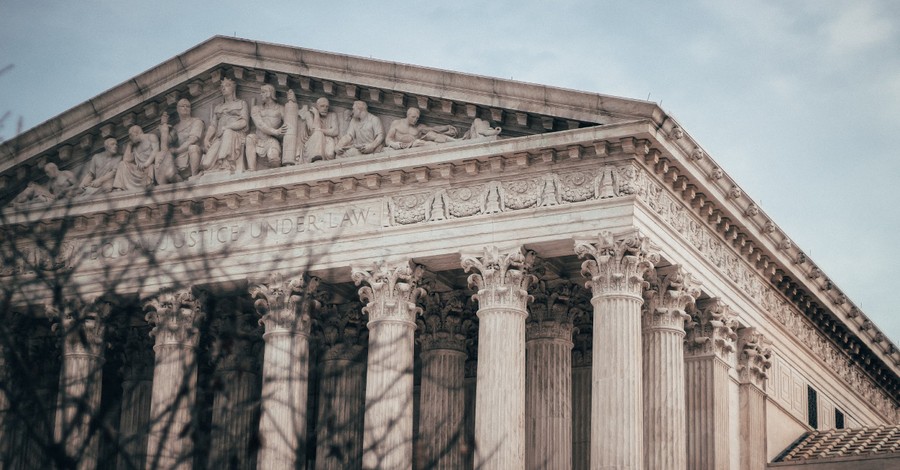
The U.S. Supreme Court on Thursday sided with a Christian legal group in striking down California’s requirement that nonprofit organizations disclose the identities of their major donors.
The case was watched closely by Christian and religious liberty organizations, who argued that such a requirement can discourage charitable giving, especially if the donations in question are made to groups that take sides in hot-button cultural issues.
At issue is a California law that requires nonprofits to disclose to the state attorney general the names and addresses of their major donors found on IRS Schedule B (to Form 990). Although the information is intended to remain confidential, it has in the past accidentally become public.
The court, in a 6-3 ruling authored by Chief Justice John Roberts, said the law violates the First Amendment to the U.S. Constitution. The court’s conservative bloc formed the majority.
The Thomas More Law Center, a Christian legal group, brought the case alongside the Americans for Prosperity Foundation.
“The upshot is that California casts a dragnet for sensitive donor information from tens of thousands of charities each year, even though that information will become relevant in only a small number of cases involving filed complaints,” Roberts wrote. “California does not rely on Schedule Bs to initiate investigations, and in all events, there are multiple alternative mechanisms through which the Attorney General can obtain Schedule B information after initiating an investigation.”
California was one of only three states with the requirement, Roberts wrote.
The disclosure requirement “creates an unnecessary risk of chilling” in violation of the First Amendment, Roberts added.
“The petitioners here, for example, introduced evidence that they and their supporters have been subjected to bomb threats, protests, stalking, and physical violence,” Roberts wrote. “Such risks are heightened in the 21st century and seem to grow with each passing year, as ‘anyone with access to a computer [can] compile a wealth of information about’ anyone else, including such sensitive details as a person’s home address or the school attended by his children.”
Alliance Defending Freedom, which represented the Thomas More Law Center, applauded the decision.
“The Supreme Court has confirmed that every American is free to peacefully support causes they believe in without fear of harassment or intimidation,” said ADF senior counsel John Bursch. “Public advocacy is for everyone, not just those able to weather abuse. Forced donor disclosure is a threat to everyone and discourages both charitable giving and participation in the marketplace of ideas. The court correctly upheld the First Amendment’s promise of the freedom to associate with like-minded groups, which includes the right to donor privacy.”
First Liberty Institute also applauded the ruling. It filed a friend-of-the-court brief on behalf of Citizen Power Initiatives for China.
“The freedom to associate with others of like mind is indispensable to freedom,” said Kelly Shackelford, president of First Liberty Institute. “Again today, the Supreme Court recognized that the disclosure of names and addresses of citizens simply for belonging to a cause is chilling to the freedom of association. Cancel culture is bad enough without the government forcing organizations to reveal the names of their donors so they can be attacked.”
Photo courtesy: Harold Mendoza/Unsplash
Michael Foust has covered the intersection of faith and news for 20 years. His stories have appeared in Baptist Press, Christianity Today, The Christian Post, the Leaf-Chronicle, the Toronto Star and the Knoxville News-Sentinel.










